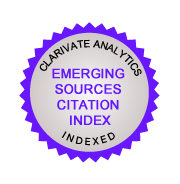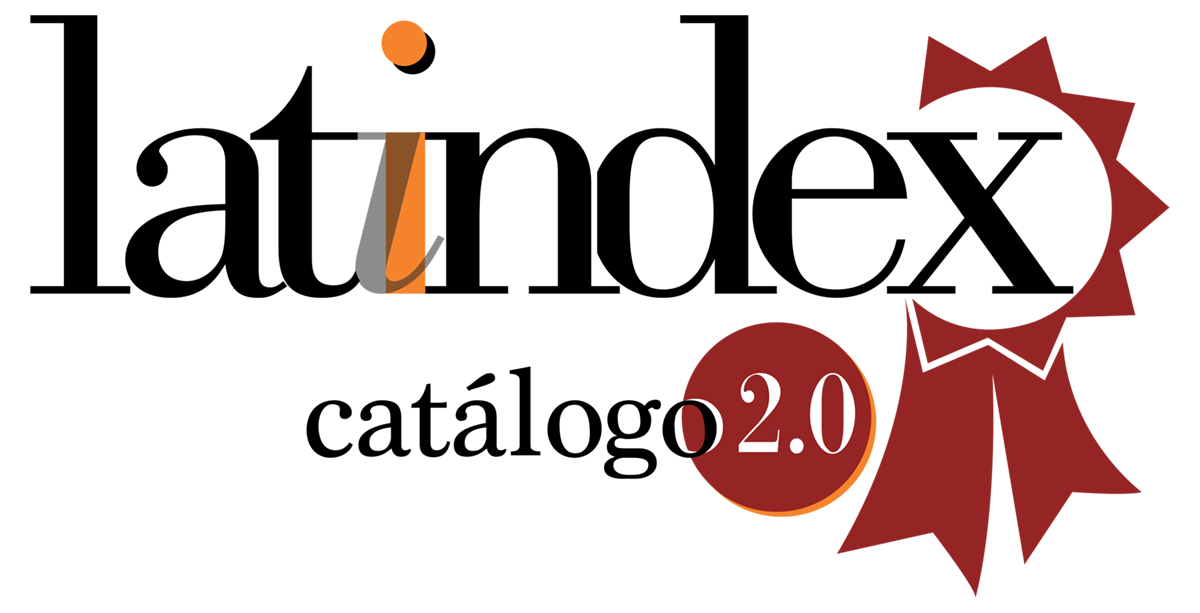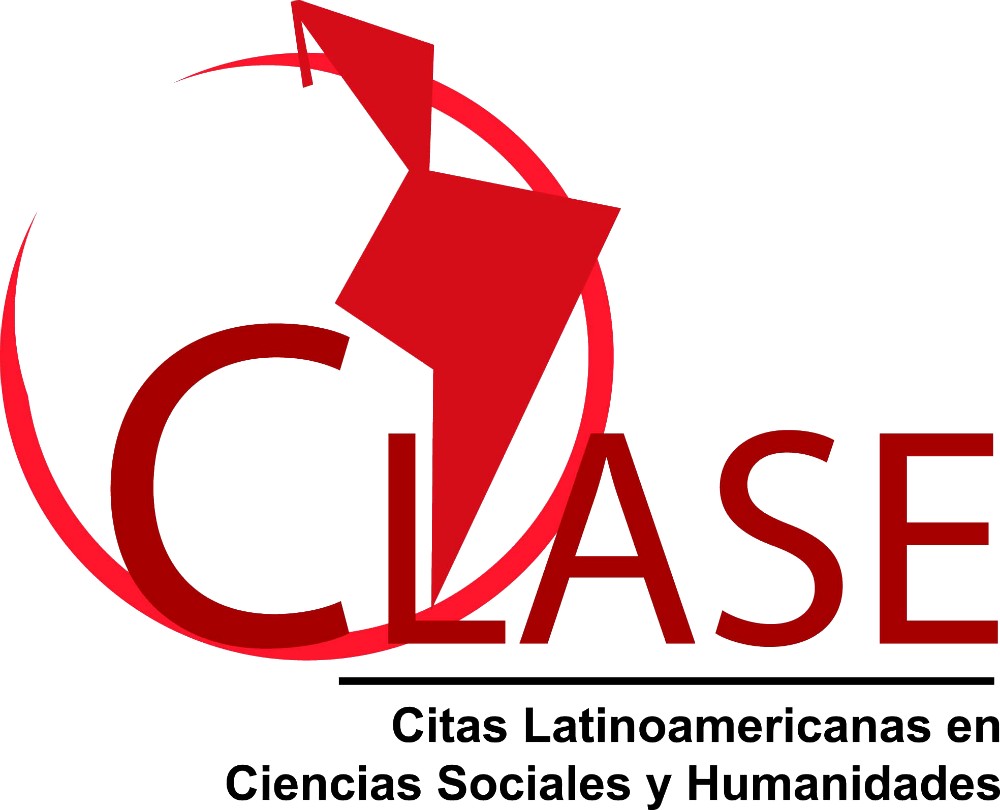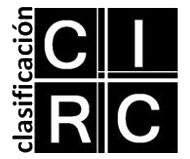Travelers on the run. From Luca Prodan’s mental illness to Ian Hacking’s sociological imagination
DOI:
https://doi.org/10.24215/16696581e768Keywords:
mental illness, sociological imagination, fugue síndromeAbstract
This work aims to develop a reflection on the contribution that social sciences can make to the study of mental illnesses considering the native vision of social actors, psychiatrists and patients, and the sociological imagination of the theoretical approach with which that vision is analized. Taking as a starting point journalistic testimonies in which Luca Prodan describes his personal experience as a mental patient in Italy, we expose certain recurring topics and authors in the specialized scholarship. It is described then how certain authors associated with the biopolitical framework have approached the appearance of modern professionals of the self and we ponder the importance of relativism regarding classifications and diagnoses. Finally, Ian Hacking's study on the fugue syndrome is described and the importance of proposing interpretations of mental illness that can explain the transience of its determinations is established.
Downloads
References
Bastide, R. (1965) Sociologie des maladies mentales. Paris: Éditions Flammarion.
Basaglia, F. [1979] 2008. La condena de ser loco y pobre. Alternativas al manicomio. Buenos Aíres: Editorial topia.
Castel, R. (1997) La metamorfosis de la cuestión social. Una crónica del salario. Buenos Aires: Paidós.
Castel, R. (1980 [2009]) El orden psiquiátrico: la edad de oro del alienismo. Madrid: La Piqueta.
Cooper, D. (1967) Psychiatry and Anti-Psychiatry. E.E.U.U: Paladin Press.
Goffman, E. (1972) Internados. Ensayo sobre la situación social de los enfermos mentales. Buenos Aires: Amorrortu.
Good, B. y Kleinman, A. (1985). Epilogue: culture and depression (pp. 491-505). En: A. Kleinman and B. Good (Eds.) Culture and
depression. Bekeley, CA: University of California Press.
Good, M.J., Good, B. y Fischer, M. (1988). Introduction: Discourse and the study of emotion,illness and healing. Culture, Medicine and
Psychiatry, Nº 12, pp. 1-7.
Good, B. (1997) Studying mental illness in context: Local, global or universal? Ethos, Vol. 25, Nº 2, pp. 230-248.
Guarnaccia, P.J., Rubio-Stipec, M. y Canino, G.J. (1989). Ataques de nervios in the Puerto Rico Diagnostic Interview Schedule: The impact
of cultural categories on Psychiatric Epidemiology. Culture, Medicine and Psychiatry 13: 275-295.
Hacking, I (1998) Mad travelers: reflections on the reality of transient mental illnesses. Charlottesville, Va: University Press of Virginia.
Hacking, I (2002) Historical Onthology. London: Harper University Press.
Kleinman, A. (1988) Rethinking Psychiatry: From cultural category to personal experience. New York: Free Press.
Laing, R. (1960). The Divided Self: An Existential Study in Sanity and Madness. Harmondsworth: Penguin Books.
Menéndez, E. (1980) Cura y control. La apropiación de lo social por parte de la práctica psiquiátrica. Buenos Aires: Nueva Imagen.
Rose, N. (1985) The Psychological Complex: Psychology, Politics and Society in England, 1869–1939. London: Routledge & Kegan Paul.
Rose, N. (1989) Governing the Soul: The Shaping of the Private Self. New York: Routledge.
Rose, N. (1996) Inventing Our Selves. Cambridge, University Press.
Rubel, J., O’Nell, C. y Collado-Ardón, R. (1984) Susto. A folk illness. Berkeley: University of California Press.
Szasz, T. (1973) El mito de la enfermedad mental. Buenos Aires: Amorrortu.
Szasz, T. (1974) La fabricación de la locura. Barcelona: Kayros.
Szasz, T. (1976) Ideología y enfermedad mental. Buenos Aires: Amorrortu.
Wright Mills, C. (1981) La imaginación sociológica. México: Fondo de Cultura Económica.
Artículos de diarios y revistas culturales
Luca Prodan. El último inmigrante italiano (Sept. 1986). Notas periodismo popular. Recuperado en https://www.notasperiodismopopular.com.ar/2021/12/22/luca-prodan-ultimo-inmigrante-italiano/
Eliana Braier. Entrevista (18 de octubre de 2020). Luca Prodan, una aventura de dos alumnas del Nacional Buenos Aires. Noticias argentinas. El ciudadano. Recuperado de https://www.elciudadanoweb.com/entrevista-a-luca-prodan-una-aventura-de-dos-alumnas-del-nacional-buenos-aires/
Videos
Lalo Mir - Entrevista Luca Prodan. Aquí Radio Bangkok (Julio 1987). Recuperado en https://www.youtube.com/watch?v=iCd5Ej_anis&list=RDLVjDNEm0mYI_U&index=7&ab_channel=newclearhead
Downloads
Published
How to Cite
Issue
Section
License
La aceptación de un original por parte de la revista implica la cesión no exclusiva de los derechos patrimoniales de los/as autores/as en favor del editor, quien permite la reutilización, luego de su edición (postprint), bajo una Licencia Creative Commons Atribución-NoComercial-CompartirIgual 4.0 Internacional (CC BY-NC-SA 4.0)
Acorde a estos términos, el material se puede compartir (copiar y redistribuir en cualquier medio o formato) y adaptar (remezclar, transformar y crear a partir del material otra obra), siempre que a) se cite la autoría y la fuente original de su publicación (revista y URL de la obra), b) no se use para fines comerciales y c) se mantengan los mismos términos de la licencia.
La cesión de derechos no exclusivos implica que luego de su edición (postprint) en Question las/os autoras/es pueden publicar su trabajo en cualquier idioma, medio y formato; en tales casos, se solicita que se consigne que el material fue publicado originalmente en esta revista.
Tal cesión supone, también, la autorización de los/as autores/as para que el trabajo sea cosechado por SEDICI, el repositorio institucional de la Universidad Nacional de La Plata, y sea difundido en las bases de datos que el equipo editorial considere adecuadas para incrementar la visibilidad de la publicación y de sus autores/as.
Asimismo, la revista incentiva a las/os autoras/es para que luego de su publicación en Question depositen sus producciones en otros repositorios institucionales y temáticos, bajo el principio de que ofrecer a la sociedad la producción científica y académica sin restricciones contribuye a un mayor intercambio del conocimiento global.















































